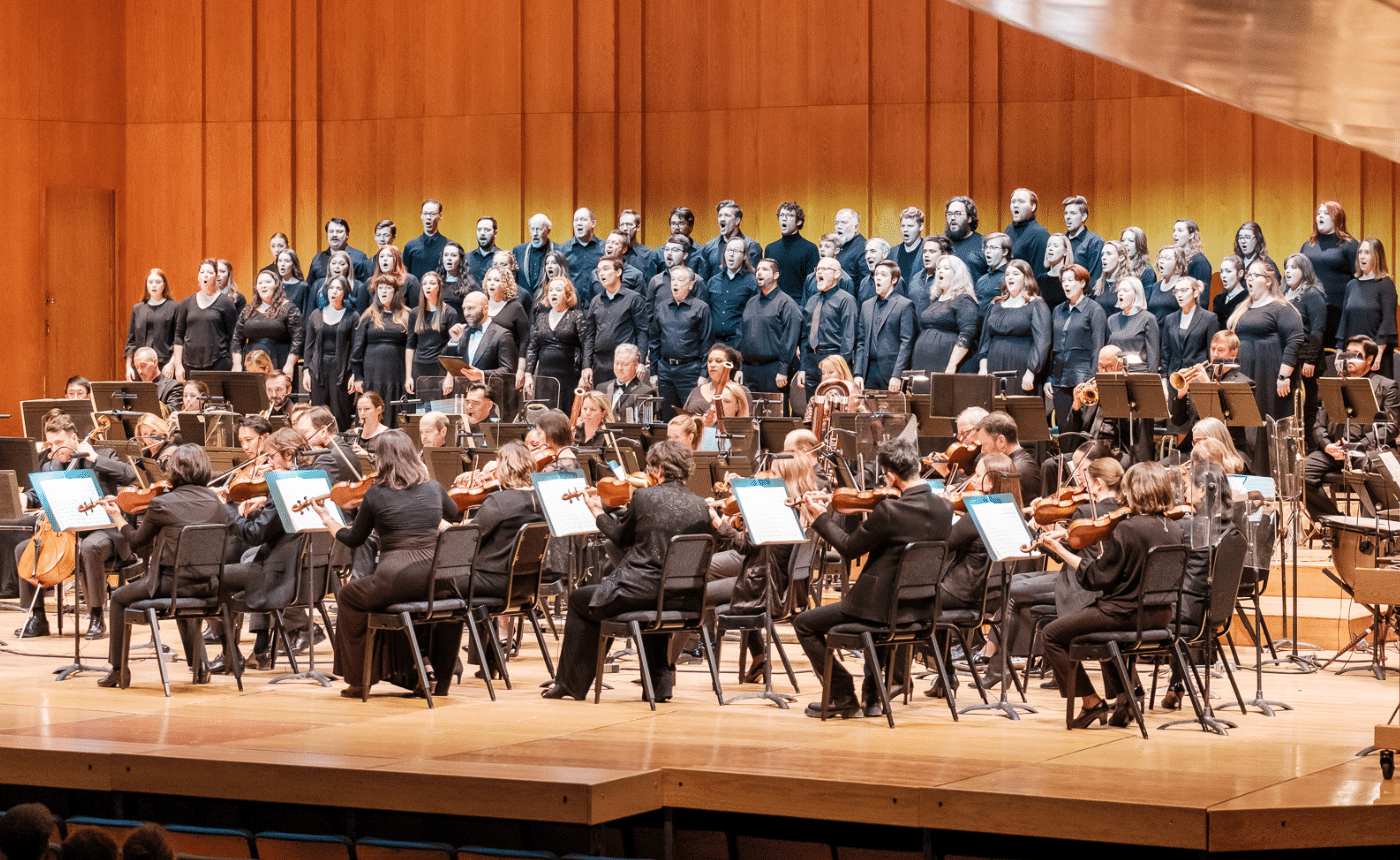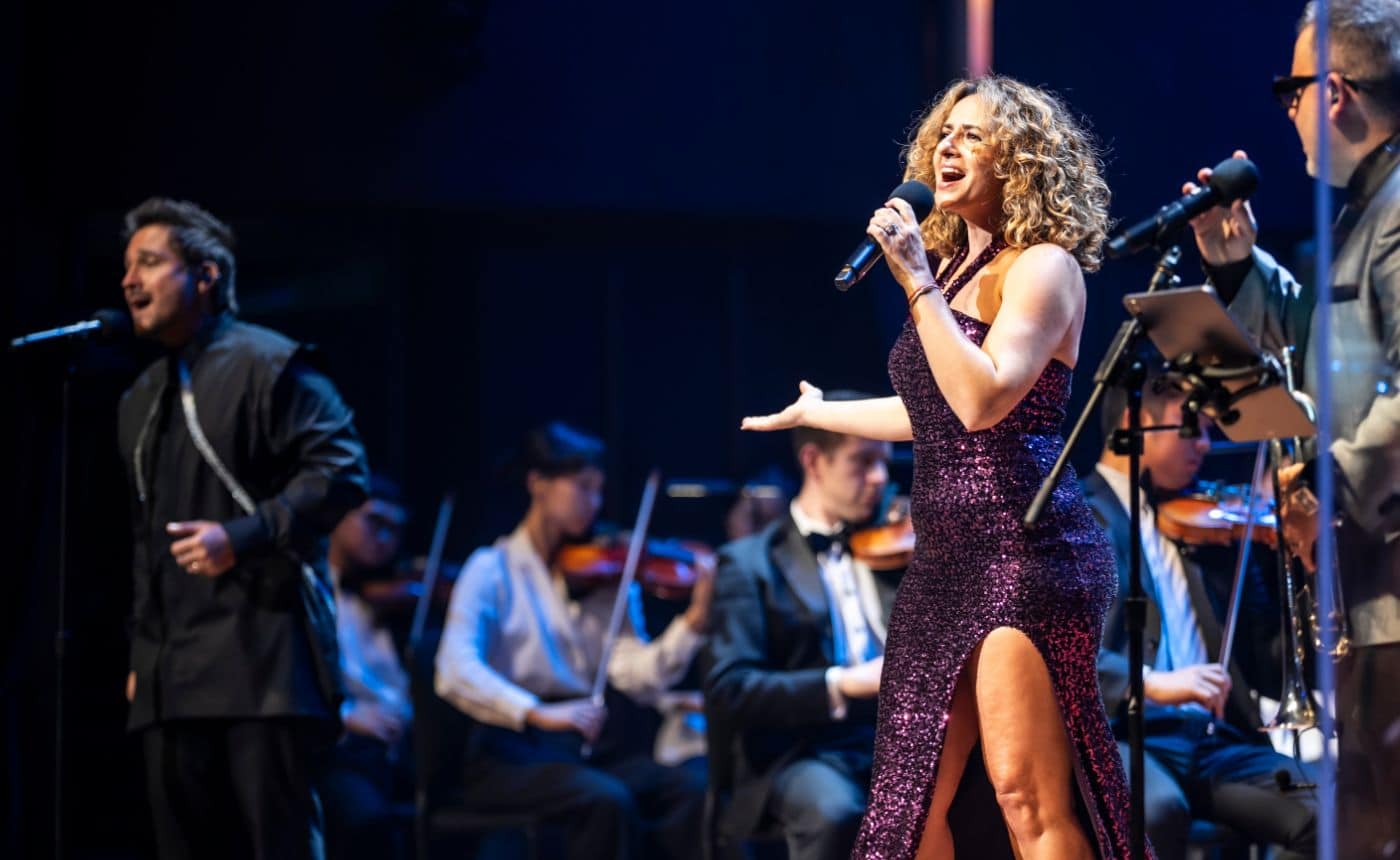Rachmaninoff – Concerto No. 1 for Piano in F-sharp Minor, op. 1
Written by Jeff Counts
Instrumentation: 2 flutes, 2 oboes, 2 clarinets, 2 bassoons, 4 horns, 2 trumpets, 3 trombones, timpani, cymbals, triangle, strings
Duration: 27 minutes in three movements.
THE COMPOSER – SERGEI RACHMANINOFF (1873-1943) – Rachmaninoff was allowed to graduate one year early from the Moscow Conservatory in 1891 after the sudden resignation of his instructor Alexander Ziloti. Though not known as an overly productive composer during his student days, Rachmaninoff did leave the Conservatory with a few important works to his credit. These included the legendary C-sharp Minor Prelude and the nearly complete 1st Piano Concerto.
THE MUSIC – Even when Rachmaninoff “completed” the Concerto during the summer following his exams, his work on the official Op. 1 was far from done. 26 years later in 1917 and once more in 1919, the composer thoroughly revised the score and the differences between the early effort and the later are significant. Rachmaninoff was a mere 18 years of age when he penned the first version and that student work benefited greatly from the experience (bolstered by the successes of the 2nd and 3rd Concerti) he brought to bear decades later. Gone were the unnecessarily dense textures of the orchestral accompaniment and the general youthful abandon for which the work’s coherence sometimes suffered. Rachmaninoff was careful not to entirely tamp the young spirit of the original music. After finishing the revisions, he remarked that the “freshness” of the concerto had been preserved and mildly ventured that his 1st Concerto was “really good now.” In both its original and mature guises, the music is boldly Romantic. Rachmaninoff, never one to be seduced by the stylistic revolutions that simmered in Europe throughout his creative life, always answered the call of his own lyrical, lushly harmonic muse. The 1st Concerto has a unique position in Rachmaninoff’s catalogue in that it officially announced the personal sincerity of his orchestral voice in 1891 and confirmed it later in 1917 when he chose to refine the temperament of his teenaged utterance rather than refute it.
THE WORLD – Civil War erupted in Chile during 1891 as did an attempted Republican Revolution in Portugal. Also that year, Nikola Tesla sought a patent for his “Tesla Coil” and Englishman Thomas Hardy published his novel Tess of the d’Urbervilles.











